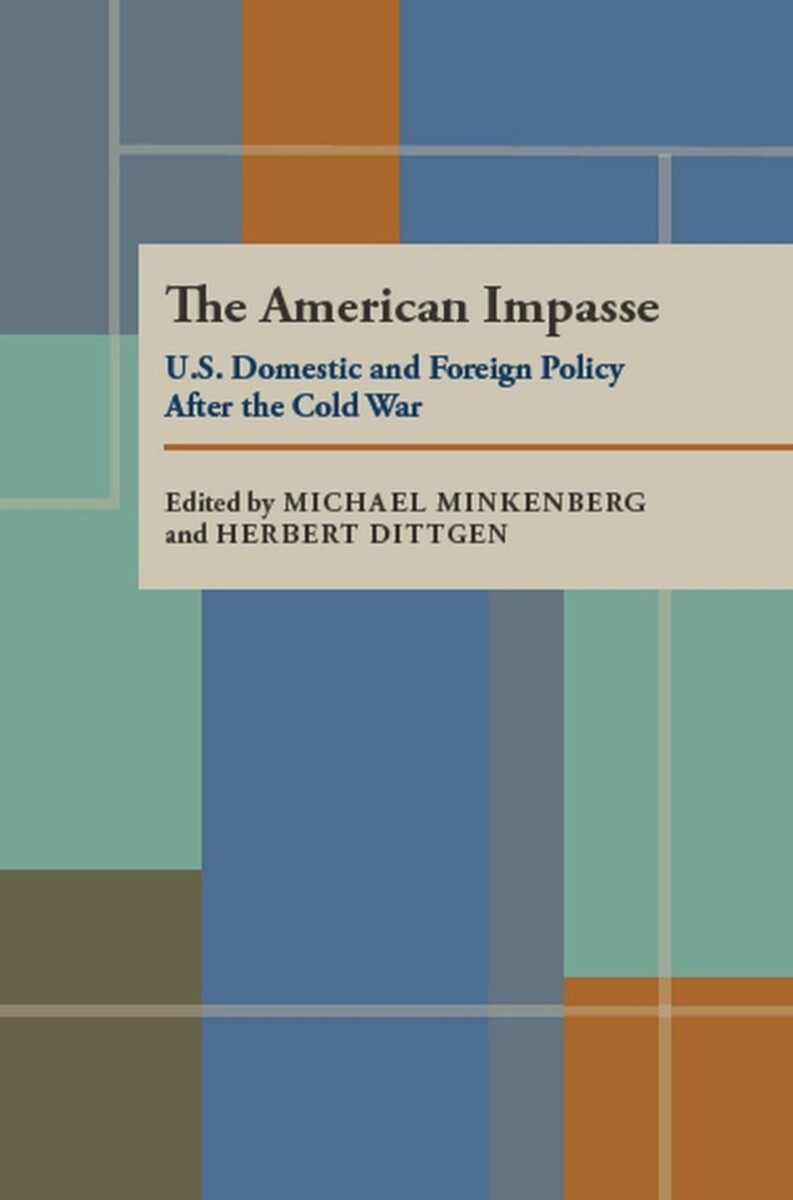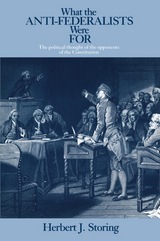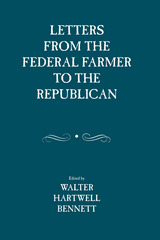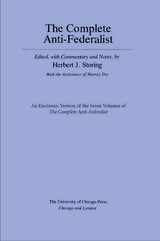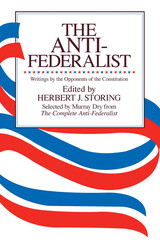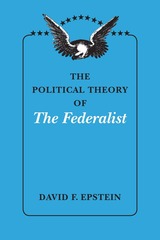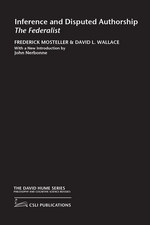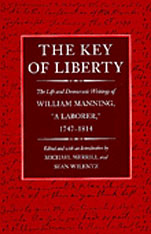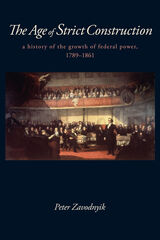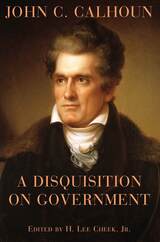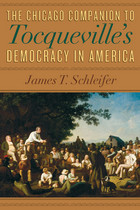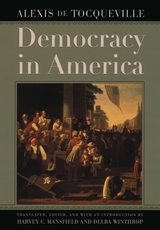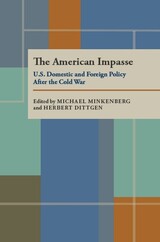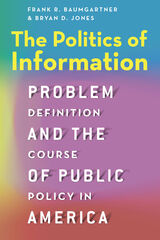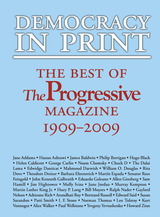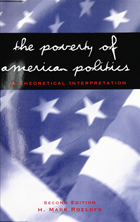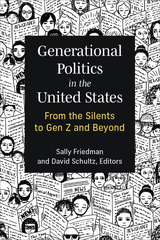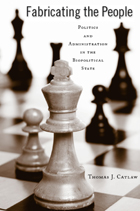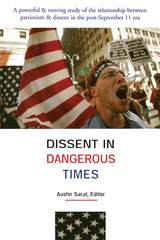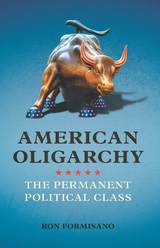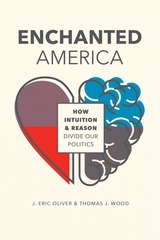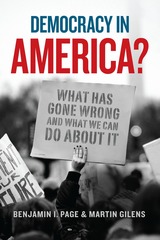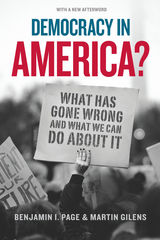Cloth: 978-0-8229-3945-0 | eISBN: 978-0-8229-7489-5 | Paper: 978-0-8229-5612-9
Library of Congress Classification JK271.A5735 1996
Dewey Decimal Classification 320.97309049
The end of communist regimes in Eastern Europe and the USSR produced strikingly little enthusiasm in the United States. The political energy absorbed for forty years by American-Soviet relations left America no triumphant, but reflective, turning inward with a general sense of national decline. American politics and policy have met the rapid changes in the new global order with alarming slowness and inflexibility.
In this book, fourteen leading political scientists ask two basic questions. What effect did the cold war have on American institutions and politics? And how will American politics evolve now? The first section of the volume focuses on institutions-the presidency, Congress, federalism. The second explores politics-ideologies, public opinion, and the American party system. The third section tackles important policy areas: the budget, social issues, education, foreign policy, trade, and immigration.
Contributors: Joel D. Aberbach; Tobias Dürr; Andreas Falke; Adrienne Héritier; Peter Lösche; Theodore J. Lowi; Heinz-Dieter Meyer; Demetrios G. Papademetriou; Paul E. Peterson; Bert A. Rockman; James Thurber; David B. Walker; and the editors.
See other books on: 1989- | Cold War | Diplomacy | Minkenberg, Michael | Post-communism
See other titles from University of Pittsburgh Press
